At a farmer’s market a few weeks ago, I had a conversation with some customers about knowing where our food comes from and it’s quality.
The husband used to be in transportation for supermarkets.
I was sharing with them how our Thanksgiving turkeys are processed the week before Thanksgiving and are never frozen to guarantee that you’re serving a fresh and nutritious turkey at your meal.
The husband shared that the supermarkets return the Thanksgiving turkeys that are not sold back to the warehouse freezer.
He also shared that he saw frozen turkeys that had lots of dust on them (implying that they had been in storage a long time)!
So I came home and did some research on the expiration labelling on frozen turkeys.
According to the US Department of Agriculture, the United States does not have a uniform system of coding expiration dates on food products. The federal government requires expiration dates only on baby foods and infant formula. Other dating on food products is voluntary, and this is one reason why manufacturers use different terms and why similar products from different manufacturers may have completely different variations for their own date qualifiers.
Source: https://www.fsis.usda.gov/
A brief overview of the terms used:
Sell By Date
This date tells the store how long to display the product for sale. You should buy the product before that date. You should always pay attention to the instructions on the package and use your best judgment about when to consume the product.
Best by Date
This date is recommended for best flavor or quality. It is not a purchase or safety date. These terms are typically used on products that lose flavor and texture well before they would be unsafe to eat, like chips and sodas.
Use by Date
This date is the last date recommended for the use of the product while at peak quality. This date has been determined by the manufacturer of the product.
Expires on Date
This is the last date that a product can be used. These terms are commonly found on items that perish quickly, like milk and eggs. These are products that may go bad shortly after that date. Additionally, this term is also found on infant formula, which is one of the few items the federal government requires an expiration date on.
Use or Freeze By Date
Certain products can be frozen to prolong their life. This date indicates the last possible day to either prepare the product or freeze it. In most cases, items can be stored in a freezer for up to six months, then thawed in a refrigerator for two to three days and then prepared.
Closed or Coded Dates
“Closed dates” or “coded dates” are packing numbers for use by the manufacturer. These may be hard to decipher or may appear to be an arbitrary string of numbers and letters, as they are not typically intended to be used by consumers. Each manufacturer has its own system for coding packages with these, but sometimes these dates can give you additional information, such as when the product was made. Oftentimes, these codes are accompanied by one of the above date descriptions.
Two types of product dating may be shown on a product label. "Open Dating" is a calendar date applied to a food product by the manufacturer or retailer. The calendar date provides consumers with information on the estimated period of time for which the product will be of best quality and to help the store determine how long to display the product for sale. “Closed Dating” is a code that consists of a series of letters and/or numbers applied by manufacturers to identify the date and time of production.
How are frozen turkeys’ expiration labelled?
Both Hormel’s brand Jennie-O and Butterball use ‘CODE DATES’.
Source: www.jennieo.com
Source: www.butterball.com
how long can you keep a frozen turkey?
It is safe to eat a turkey that has been kept in the freezer for a year - or even for several years. As the U.S. Department of Agriculture points out, foods that are kept constantly frozen at 0°F or lower will keep safe indefinitely.
Source: https://www.fsis.usda.gov/
When it comes to quality, though, the story is different. Over time, all frozen foods will eventually start to go downhill when it comes to texture, flavor and taste.
Source: https://www.fsis.usda.gov/
how to mitigate the risk of serving an ‘old’ turkey for thanksgiving
You have two options to prevent serving an ‘old’ turkey for your Thanksgiving meal:
You can use the information explained in this post to verify that the frozen turkey you are purchasing at the grocery store is fresh by decoding the expiration labelling
You can purchase a fresh, chilled turkey from your local farmer/rancher








